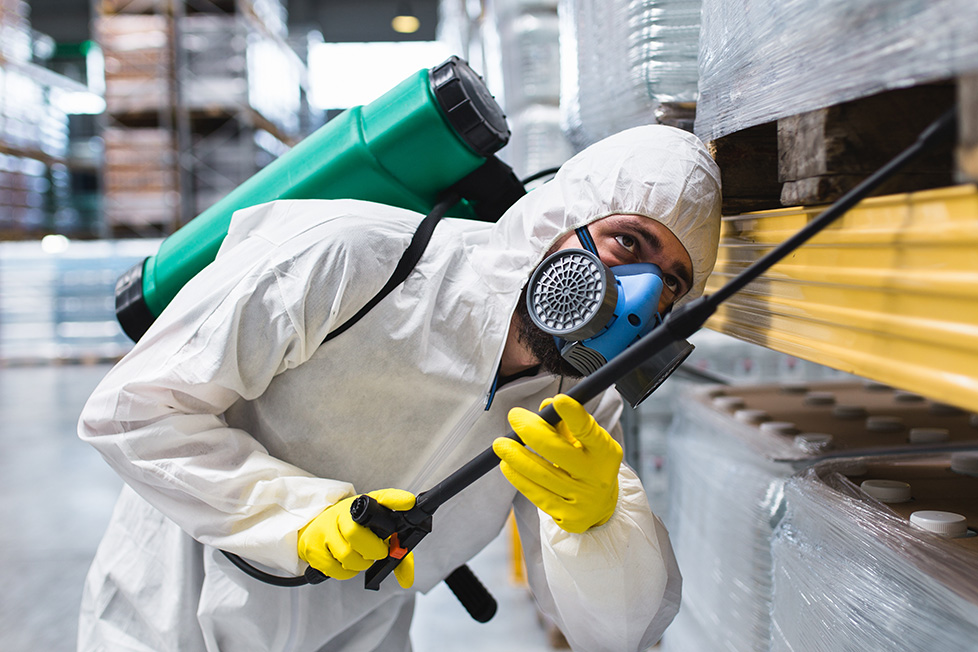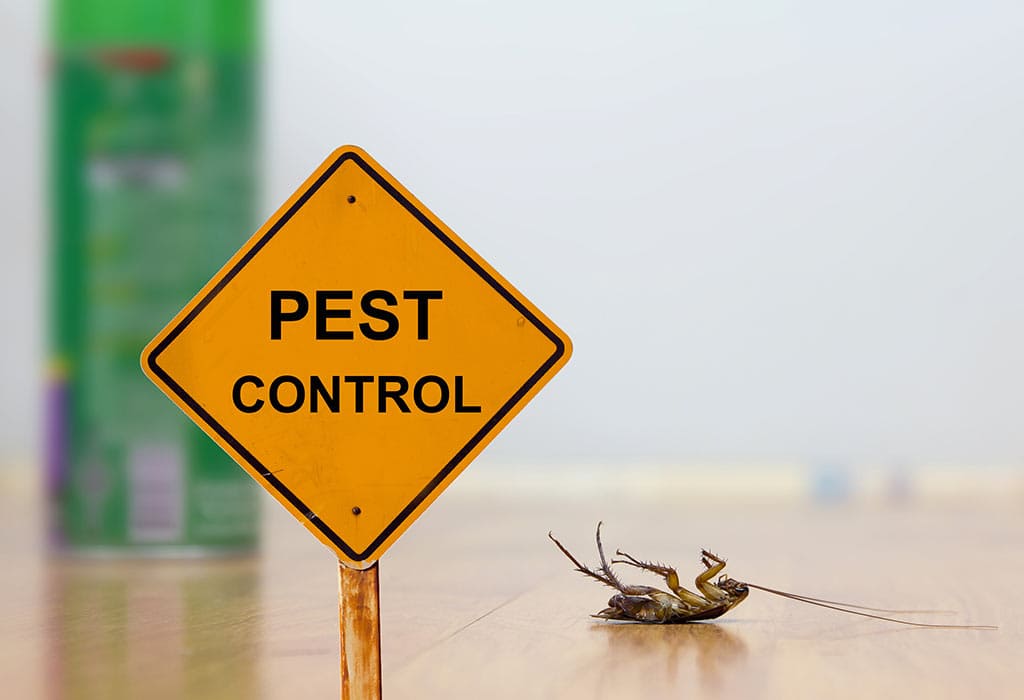Guard Your Property from Intruders: Orem Pest Control That Functions
Guard Your Property from Intruders: Orem Pest Control That Functions
Blog Article
Finding the Various Sorts Of Bug Control Techniques and Their Applications
Parasite control is a crucial facet of keeping a healthy and safe setting, whether it remain in residential, commercial, or agricultural setups. Numerous techniques have been developed and refined over the years to effectively manage and alleviate pest infestations. From chemical methods that target specific pests to organic strategies that harness natural predators, the realm of insect control is varied and huge. Recognizing the various sorts of parasite control strategies and their applications is crucial for applying the most suitable and lasting options. Let's discover the complexities of these methods and just how they can be efficiently made use of to attend to pest-related challenges.
Chemical Insect Control Strategies
Chemical insect control techniques are commonly used in agriculture and insect administration to properly get rid of or regulate pest invasions. These techniques include the use of chemical compounds, such as pesticides, herbicides, and pesticides, to decrease or eliminate pest populaces that posture a hazard to crops, animals, or human health.
While chemical insect control strategies can be highly efficient in taking care of pest populations, they additionally raise worries concerning potential ecological and health threats. It is important to adhere to safety standards, use incorporated pest management methods, and think about different techniques to reduce the adverse impacts of chemical insect control strategies.
Organic Bug Control Approaches
 Organic bug control methods make use of living microorganisms to lower and manage parasite populaces in a ecologically pleasant and sustainable manner. This technique involves introducing natural predators, bloodsuckers, or virus to manage pests without the need for synthetic chemicals. One usual technique is the launch of ladybugs to combat aphids in yards, as ladybugs are natural predators of these devastating insects. An additional example is using Bacillus thuringiensis (Bt), a microorganism that produces toxic substances lethal to certain insect larvae, to manage caterpillars and mosquitoes.
Organic bug control methods make use of living microorganisms to lower and manage parasite populaces in a ecologically pleasant and sustainable manner. This technique involves introducing natural predators, bloodsuckers, or virus to manage pests without the need for synthetic chemicals. One usual technique is the launch of ladybugs to combat aphids in yards, as ladybugs are natural predators of these devastating insects. An additional example is using Bacillus thuringiensis (Bt), a microorganism that produces toxic substances lethal to certain insect larvae, to manage caterpillars and mosquitoes. 
Organic bug control approaches offer a number of advantages over chemical techniques. Generally, biological pest control approaches present a natural and effective alternative to traditional chemical therapies, advertising a balanced ecosystem and much healthier settings.
Physical Bug Control Approaches
Using physical methods to regulate parasites entails making use of mechanical or non-chemical methods to take care of and minimize insect problems successfully. These methods rely upon physical obstacles, traps, and various other methods to discourage and remove bugs without the use of hazardous chemicals. One usual physical bug control technique is the installation of displays, fencings, or nets to obstruct bugs from going into certain areas. This method is particularly reliable in staying out bugs and little animals from structures or yards.
An additional physical approach is using traps, such as snap catches for rodents or pheromone traps for bugs. These traps goal to record parasites without positioning any type of danger to people or the atmosphere. Furthermore, physical control approaches can consist of strategies like handpicking pests off plants, making use of vacuum cleaner tools to get rid of insects, or employing warm treatments to eliminate bed read review bugs and other pests in infested areas.
Integrated Insect Administration Approaches
Executing an alternative method to pest management, Integrated Bug Monitoring (IPM) methods intend to integrate different efficient methods to manage and stop parasite infestations while lessening ecological effect and making sure sustainable pest control methods. IPM entails the integration of multiple control methods such as biological control, cultural practices, mechanical control, and the cautious usage of pesticides.

Additionally, IPM stresses the significance of surveillance and evaluating pest populations to establish i was reading this the most suitable control techniques. By executing IPM techniques, insect control efforts become a lot more targeted and reliable, reducing the risks related to too much chemical usage and promoting long-term insect administration options.
All-natural and Organic Parasite Control Options

One prominent natural parasite control technique is neem oil, derived from the seeds of the neem tree, which works as a repellent and interrupts the growth and growth of bugs. Diatomaceous planet, a natural silica-based powder, is an additional efficient organic bug control option that works by drying out insects upon get in touch with. By incorporating all-natural and organic parasite control options into bug monitoring techniques, people can effectively manage parasites while reducing damage to the setting and promoting sustainable methods.
Verdict
To conclude, various insect control methods such as chemical, organic, physical, integrated parasite management, and natural choices are offered for effectively taking care of pest infestations. Each technique has its own advantages and applications depending upon the kind of parasite and the environment. By understanding the different kinds of bug control strategies and their applications, people can make informed decisions on the most suitable technique to regulate parasites and protect their residential or commercial property.
Chemical bug control strategies are extensively used in farming and pest management to effectively remove or regulate pest problems - Orem Pest Control. All-natural parasite control approaches entail making use of biological control agents, such as bloodsuckers or predators, to handle bug populations. By integrating useful link organic and natural bug control options into insect monitoring techniques, individuals can efficiently manage parasites while reducing harm to the environment and advertising lasting methods
In final thought, different bug control methods such as chemical, organic, physical, incorporated insect administration, and natural options are available for efficiently managing pest problems. By recognizing the various types of pest control techniques and their applications, people can make educated decisions on the most ideal strategy to control parasites and shield their building.
Report this page